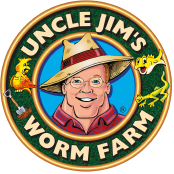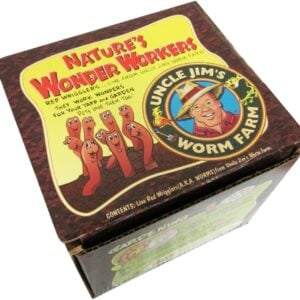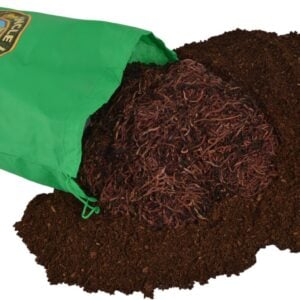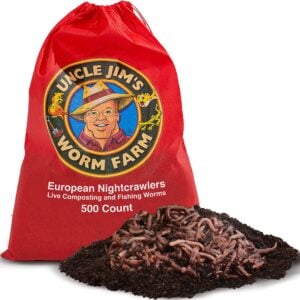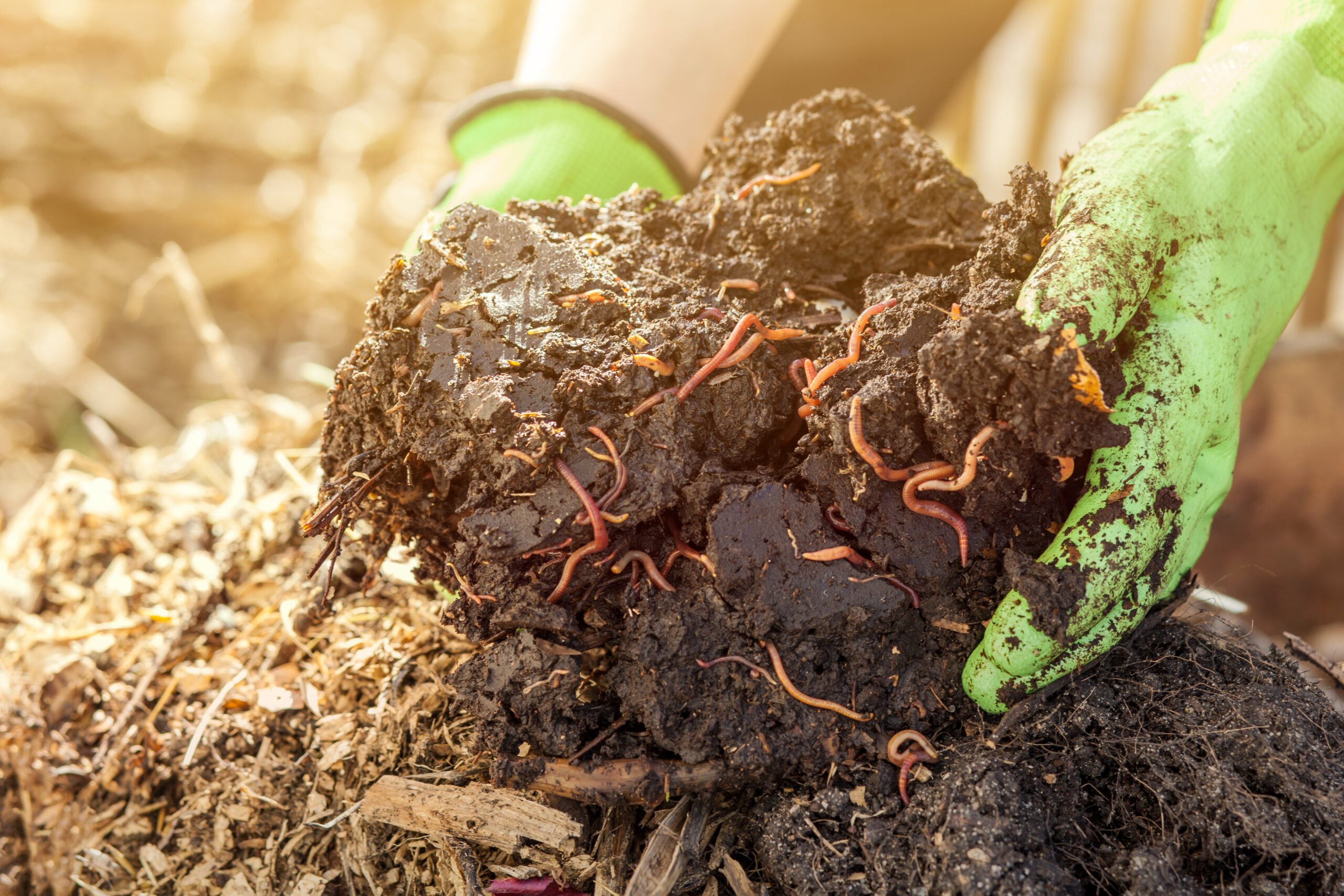Looking for a natural and sustainable way to get the most out of your garden? Would you believe us if we told you that you can do it with mealworms? Need some convincing? Well then, here’s an article about how you can maximize your garden with mealworms. By the end, you should be well aware of all the benefits of introducing mealworms to your garden.
But let’s start by clearing up a common misconception.
Are Mealworms… Worms?
Before we dive into the garden-transforming magic of mealworms, let’s clear up a common misconception: mealworms aren’t actually worms. So what are mealworms?
In short, they’re the larvae of darkling beetles (Tenebrio molitor), and they possess some incredible qualities that make them a valuable asset to any garden.
These small, golden-brown creatures go through a complete metamorphosis, transforming from tiny eggs into larvae, then pupae, and finally emerging as adult beetles. It’s their larval stage, commonly known as mealworms, that we’ll be focusing on for their remarkable contributions to gardening.
The Advantages of Having Mealworms in Your Garden
Now that you know what they are let’s explore how you can maximize your garden with mealworms.
Increasing Soil Fertility
Mealworms may be small, but their frass (poop) packs a nutrient-rich punch and can be used as an excellent organic fertilizer. High in essential minerals and nutrients, when added to your garden soil, it will enhance its fertility, promote better water retention, and improve overall soil structure.
The result? Lush, thriving plants that flourish in the nutrient-rich environment provided by mealworms.
Pest Control
Imagine having tiny garden guardians that can help manage pests without the need for harmful chemicals. Mealworms are voracious insectivores, and they feast on detrimental garden pests like aphids, mites, and even young caterpillars.
By introducing mealworms into your garden, you’re essentially recruiting an army of natural pest controllers to protect your plants. Mealworms are a pest-control measure you should definitely consider if you don’t want to use any synthetic insecticides in your garden.
Chicken Feed
Better soil? Check. Natural pest control? Check. What more could you want from a simple insect? Well, if you raise chickens, you’ll be delighted to know that mealworms are a superb alternative protein source for your feathered friends.
Feeding your chickens mealworms can lead to healthier, happier birds, which in turn means better-quality eggs and meat. Plus, when your chickens thrive, they produce nutrient-rich manure that can further enrich your garden soil. It’s a cycle of sustainability that starts with these humble larvae.
However, we should note that the diet of your chickens should not consist mostly of mealworms. Mealworms are a treat – they are about 50% protein and too much protein intake can cause kidney disease in chickens. A laying hen is fine with about 20g of protein a day, so try not to overdo it.
Mealworms to Attract Birds
Now, let’s shift our focus to another facet of gardening: attracting beautiful, chirping birds to your garden. Birdwatchers and bird enthusiasts, take note! Mealworms can be an irresistible lure for feathered visitors.
You can create a bird-friendly haven in your garden by offering mealworms as a tasty treat. Birds, especially insectivorous species like bluebirds, robins, and chickadees, adore these wriggly morsels. To attract birds, simply place mealworms in designated bird feeders or sprinkle them on open platforms.
Even you gardeners that don’t care too much about bird watching should care – birds are also beneficial for your garden. They help control pest populations by feasting on insects that can harm your plants. So, consider mealworms as your secret weapon for a garden teeming with vibrant, winged visitors.
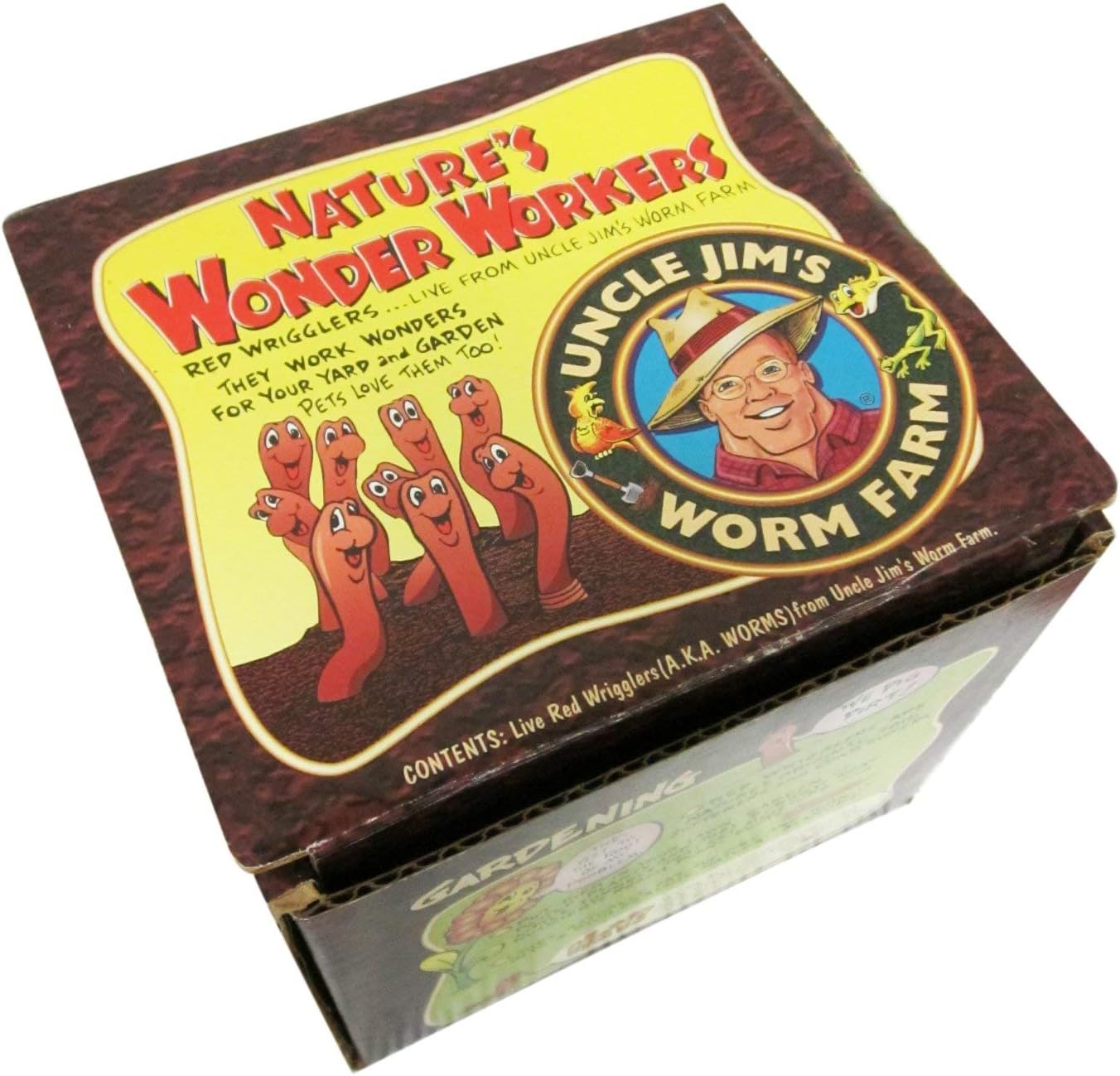
A Small Digression About Mealworms as Food
Since we’re on the topic of food, here’s an interesting tidbit – mealworms are fit for human consumption and can be a good alternative protein source. Yes, they can be human food. Too much? Well, they’re also good as fish bait. Anyhow, let’s get back to the topic at hand.
Waste Reduction
Last but not least, mealworms are champions when it comes to waste reduction. They’re nature’s recycling crew, devouring organic matter with gusto. By introducing mealworms to your food scraps, yard waste, and other unwanted plant matter, you’re reducing the volume of organic material that would otherwise end up in landfills.
Plus, this lessens the need for chemical fertilizers in your garden. Imagine turning your kitchen scraps into valuable nutrients for your plants, all thanks to the insatiable appetite of these tiny larvae. It’s a sustainable gardening practice that benefits both your garden and the environment.
Starting Your Own Mealworm Farm: A Quick Guide
Have we got you convinced you should add mealworms to your garden? Here’s an in-depth video guide on how you can get started. If reading is more your thing, here’s a concise breakdown of the process:
- Housing Setup: Prepare a suitable container for your mealworms. A plastic container or glass bin with a lid works well. Ensure proper ventilation by drilling small holes in the container’s lid.
- Bedding Material: Add a layer of bedding material to the container. Wheat bran is an excellent choice. This will serve as the substrate for your mealworms and provide them with a comfortable living environment.
- Feeding Your Mealworms: Mealworms are voracious eaters. Provide them with a steady diet of plant matter like carrots or potatoes, along with small amounts of oats or other grains. Make sure to keep their food fresh and replace it as needed.
- Temperature and Humidity: Maintain the right environment for your mealworms. They thrive at temperatures around 75-80°F (24-27°C) and require moderate humidity, between 50%-70%. A heat lamp or a heating pad can help regulate the temperature.
- Life Cycle Management: Mealworms go through a complete metamorphosis, transitioning from larvae to pupae to adult beetles. As they mature, separate them into different containers to allow for breeding.
Everything Mealworm-Related at Uncle Jim’s
Mealworms may not be worms in the traditional sense, but they certainly hold their own when it comes to enhancing your garden’s health and vitality. And if you want mealworms in your garden, Uncle Jim can help you out – you can get live mealworms, food and bedding, and any worm farming supplies you could need.
So happy worm farming and gardening!
